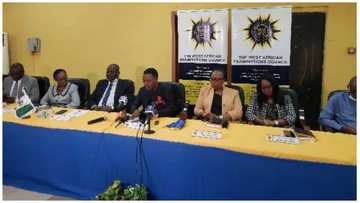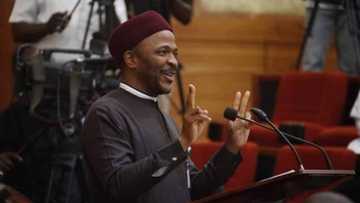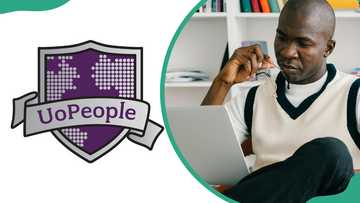Nigerian curriculum for secondary schools in 2018
There are several features in a new programme which become a reason for controversy in the society of Nigeria. The new secondary school curriculum was the reason for rumors because of new subjects. People were questioned about an exception of Christian Religious Knowledge course. Read on to find out more facts.

New Nigerian curriculum for secondary schools
The new list of subjects includes:
- English studies (compulsory subject);
- Mathematics (compulsory subject);
- Civic Education (compulsory subject);
- Trade/Entrepreneurship Studies (compulsory subject, the student can choose one of 34 subjects);
- Humanities (Every student can choose 2, 3, 4 or 5 subjects depending on his or her potential);
- Science & Mathematics (Every student can choose 2, 3, 4 or 5 subjects);
- Technology (Every student can choose 2, 3, 4 or 5 subjects);
- Business Studies (Senior) (Every student can choose 2, 3, 4 or 5 subjects).
The main idea of a new curriculum is to provide more practical experience for students.
The controversy of new Nigerian curriculum for secondary schools
The reasons for such changes in new curriculum for secondary schools in Nigeria are still unknown. The changes gained the attention of society and federal government.

READ ALSO: Nigerian Navy secondary school: how to enter?
Minister of Education, Mallam Adamu Adamu reported that the main reason of all the uproar was presumed exception of the Christian Religious Knowledge from the curriculum for secondary schools in Nigeria for 2018.
Even greater indignation was caused by the fact that Christian Religious Knowledge was replaced by Islamic Religious Knowledge. There are a lot of rumors about this question, some say that the government just joined CRK and IRK in one course, others claim that this is the result of Muhammadu-led administration policy of isolationism.
But the official position of the government is that no religious course should be removed from the curriculum, so CRS and IRK should be compulsory for students.

The representatives of Christian Association of Nigeria were especially concerned by such news. The president of Christian Association Reverend Samson Ayokunle claimed: “This curriculum is the brain-child of the Nigerian Educational Research and Development Council, an agency of the Federal Ministry of Education. To us in CAN, its introduction is an ill wind that blows nobody any good for so many reasons.”
According to the words of Mr. Amos Adekunle Aladeseye, the National Secretary of All Nigeria Conference of Principals of Secondary Schools (ANCOPPS) there is no need in any controversy about this question because CRS is still in the curriculum. His words from the conference: “We still teach CRS. I just don’t understand why people are raising this issue at all. The minister of education has refuted the claim. We still teach CRS. It is still taught in my school, and I am sure that is the same across the country. “

The chairman of the Nigeria Union of Teachers (NUT) says that there are even no much changes in the new curriculum. According to his words, the new curriculum is designed more for practical and technical knowledge.
An official statement terminated all disputes. The new curriculum grouped the five subjects under one term “Religion and National Values Curriculum“ the subjects includes: Civic Education, Social Studies, Christian Religious Knowledge, Islamic Studies, and Security Education.
The official statement said: “The management of NERDC hereby reiterates categorically and unequivocally to all Nigerians that the subject offerings (Civic Education, Social Studies, Christian Religious Knowledge, Islamic Studies, and Security Education) under the Religion and National Values Curriculum are distinct, as listed and taught separately on the timetable.”
According to the words of the government, the new programme should be more effective, so we continue to follow the news of curriculum changes.
READ ALSO: Vocational education in Nigerian secondary schools and it's main roles
Source: Legit.ng





